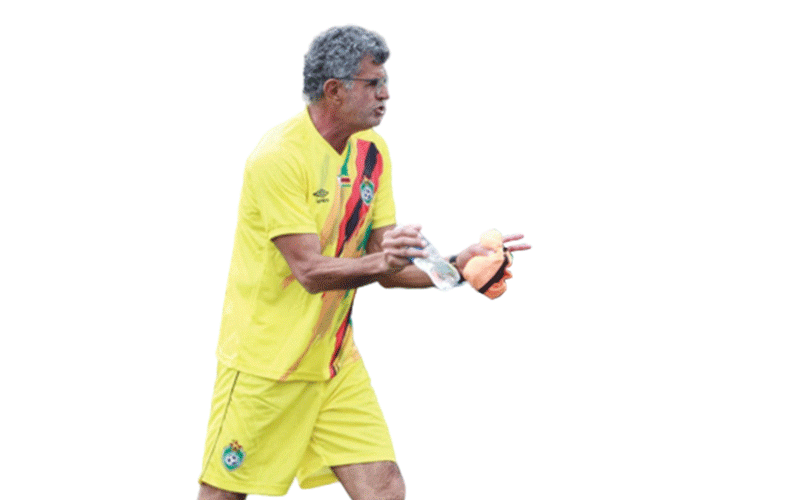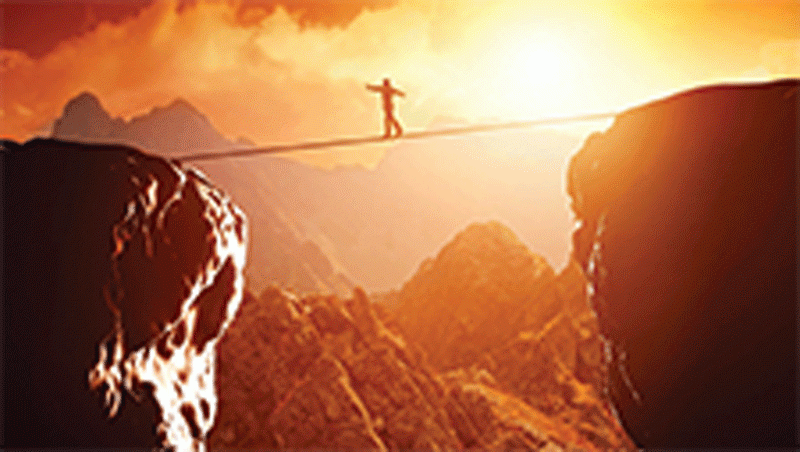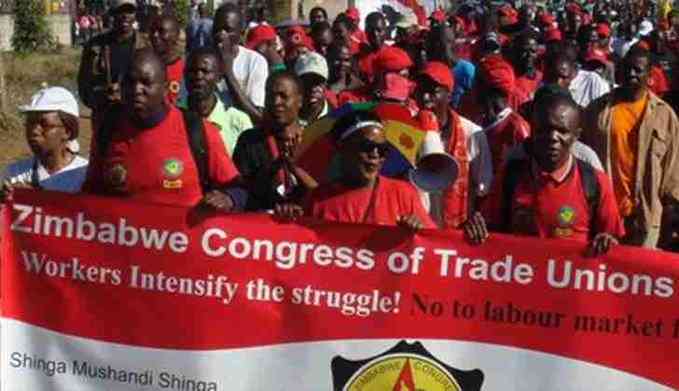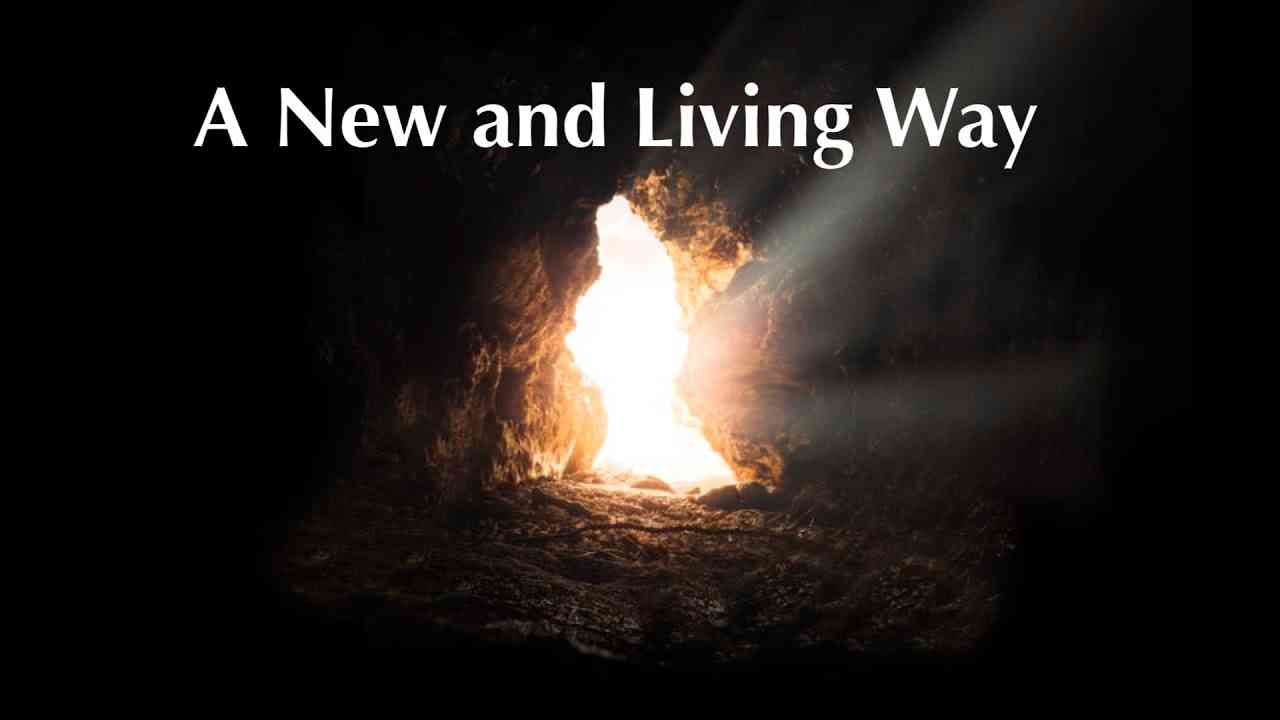
Zimbabwe has survived many tragedies over its short life — wars, famines, ethnic conflicts and indeed colonialism. We as a people may not be able to survive coronavirus. Yes, it is as stark as that. We may not survive the coronavirus, unless we take action now, today. That is the only good news, that it’s not too late to change the course of our fate in view of this virus. A day missed in the context of this virus translates immediately into a huge opportunity cost counted in the number of deaths of Zimbabweans.
We have already lost time, waiting for our first case, mischaracterising the virus, joking about it and not taking the actions that others who are winning now were taking months ago. Not a criticism, just a fact, as true for us as it is for many other countries around the globe. But we have no more time left to waste.
What can we do? A lot. Some of it we are already doing, but not enough or any of it, and not fast enough and not resolute enough. That should all change today. We had our first officially acknowledged death from the virus on Monday. Son of an old friend and a kid I knew and friend of at least one of my own children. It’s here.
There is no question that we are totally unprepared to treat infected people. Our health system have been in a state of collapse and have been the subject for discussion, policy changes and resource mobilisation — none of which have yet come to fruition. So our best line of defence is the prevention of the number of infected and sick rising.
We already have a strategy announced by President Emmerson Mnangagwa last week. If implemented, it will go quite a long way in containing and mitigating the pandemic in Zimbabwe. But not a long enough way.
We need to know and tell our people the truth
That means allowing our scientists and health professionals the platforms to tell the population the unvarnished truth about the virus and its behaviour and what the people can and should do to contribute to the defeat of the virus.
However, the faith leaders must also come forward and expunge the very dangerous notion that somehow this is God’s punishment and that places of worship are safe from the spread. Faith leaders need to emphasise the importance of listening to scientists and health professionals. The virus is a health challenge, but the response cannot be limited to health. It is a national disaster which must be treated as such. The President has correctly declared the coronavirus a national disaster. The national disaster response mechanism has just been activated and this is commendable. If it becomes necessary, more powers should be given to the relevant co-ordination units for them to be adequately responsive to any new dimensions that arise from the response process. The Health ministry will provide the necessary leadership and expertise to help inform the response but the massive organisational, logistical, legal, and economic mobilisation necessary to confront and stop the virus in its tracks requires the multispectral approach that is facilitated through the civil protection system. We know it has spread in our country, but we need to slow it down or better still stop it where it is.
- Chamisa under fire over US$120K donation
- Mavhunga puts DeMbare into Chibuku quarterfinals
- Pension funds bet on Cabora Bassa oilfields
- Councils defy govt fire tender directive
Keep Reading
Stopping the behaviour is where personal behaviour and public control intersect. Social distancing has been widely advocated for by the government and others and it has proven to be quite effective in those countries where it has been practised and where results are already known. Every individual has the personal responsibility to practise social distancing — isolating themselves, stop hugging and shaking hands, avoid unnecessary visits and contacts, don’t visit your elderly relatives for their sake because they are at the most risk of dying from the infection. Don’t go to large gatherings. There should be no more large gatherings anywhere. Yet we see that people are still gathering in large groups — people are continuing with their functions, birthdays, weddings, worship, among others. This should stop. It just should stop. And how do we stop it?
I think the country needs to come to a standstill. Whatever virus is in a family should stay in that family until the virus is defeated. Any virus in a city, town or village should stay in that city, town or village and be contained therein until the spread is over. Whatever virus is in a neighbouring country should stay in that country until the spread is over. This means all movement should be subject to certification that the person has no symptoms of the virus. But since our testing capacity is extremely limited, this effectively means a shutdown of the country for at least two weeks.
People should still be able to go and buy food, medicines and other important supplies but observing the strictest protocols for social distancing, and hygiene, which must be enforced. That means also that food production and distribution is important, but under strict conditions that ensure that the virus does not spread through this channel. Thus, social distancing and population movement control should be reinforced.
Testing
I don’t know what our capacity for testing is, but I know that without testing we are shooting in the dark. We need to know who is infected and who is not, so that we can isolate and treat them if they are sick, trace their contacts and test, follow the pattern of the spread of the virus, and model our response accordingly. We, therefore, need to procure whatever we can of the testing kits from wherever we can.
Isolation is critical
Social distancing helps us isolate from people who may or may not be infected as we have no way of knowing. When we know from testing or strong suspicion from symptoms, then we must isolate. Right there are five isolation centres. We need more and bigger places. No one should be excluded from isolation because we have a shortage of facilities and isolation centres should not be crowded and uncomfortable. Infected or suspected cases are not prisoners. Even prisoners deserve a basic minimum humane treatment.
Treatment
This is our biggest nightmare. Even after we have taken all the measures discussed above, we will still have a lot of people who will require intensive care and treatment. My understanding is that we have very limited capacity for ICU. With the numbers projected, we need to go into overdrive to procure ICU equipment. We should make an impassioned appeal to development partners for resources to procure these. Part of that appeal is to negotiate agreements to divert resources already allocated towards procurement of ICU capacity to be installed across the country. Unfortunately, there is a shortage of ventilators in the world and the big countries are mopping them up from the market. But in dire times, we have shown that we have the ability to be resourceful. Times could hardly be more dire, and that resourcefulness could not be more urgently needed.
Human and financial resources
Zimbabwe has been facing a resource crunch for years now and they will not necessarily become available because of the virus. Some might, but not without a concerted strategy to mobilise. Human resources in the health sector have been depleted significantly over the years. We may need to consider drafting student doctors and nurses while making resources available for personal protection, equipment and remuneration.
Existing financial resources should all be redirected towards the fight against the virus. Other than just the maintenance of the system, nothing else matters. All human resources should be focused on fighting the virus, with appropriate retooling and retraining.
All political capital should be deployed in the fight against the virus, not politics as usual. All moral suasion should be directed to the fight against the virus. Government needs to tap into the diaspora for financial and human resources at every level and through imaginative modalities.
Creative and Judicious use of resources
We are not one of the countries with huge resources and we will need to be as creative as possible in how we utilise the equipment and resources we have. Just as a simple example, by changing the nozzles on the riot water cannons, it turns them into effective equipment for disinfecting the streets throughout our towns and cities.
Resources should be used to combat the virus and not be wasted on padding bureaucracy. We do not need big titles and big cars to fight the virus. We need committed people, able leadership and efficient equipment, clear messages and coordinated action.
We can win this war, together!
Joseph Mugore is an international development professional who advises governments and their development partners on development.











